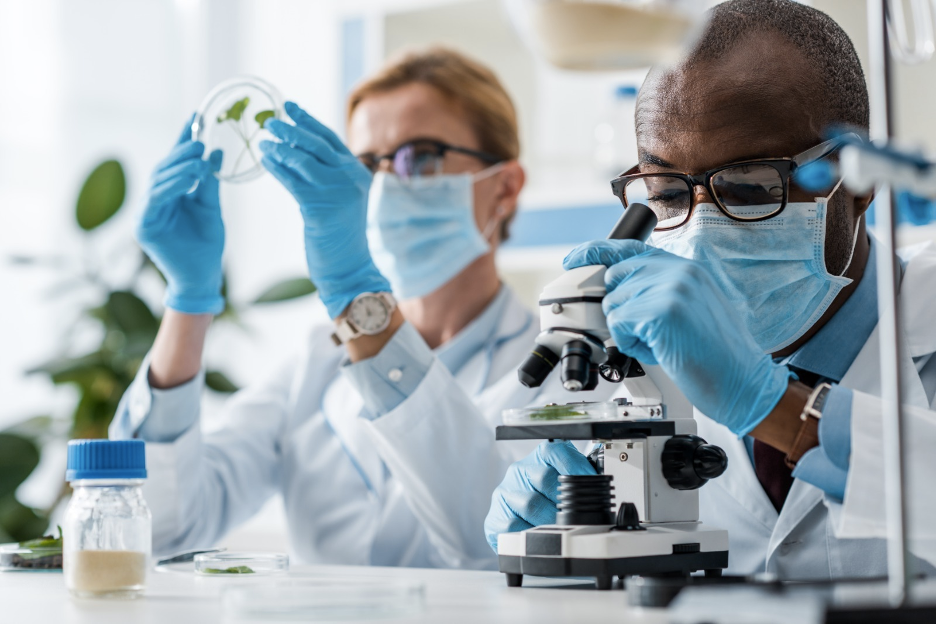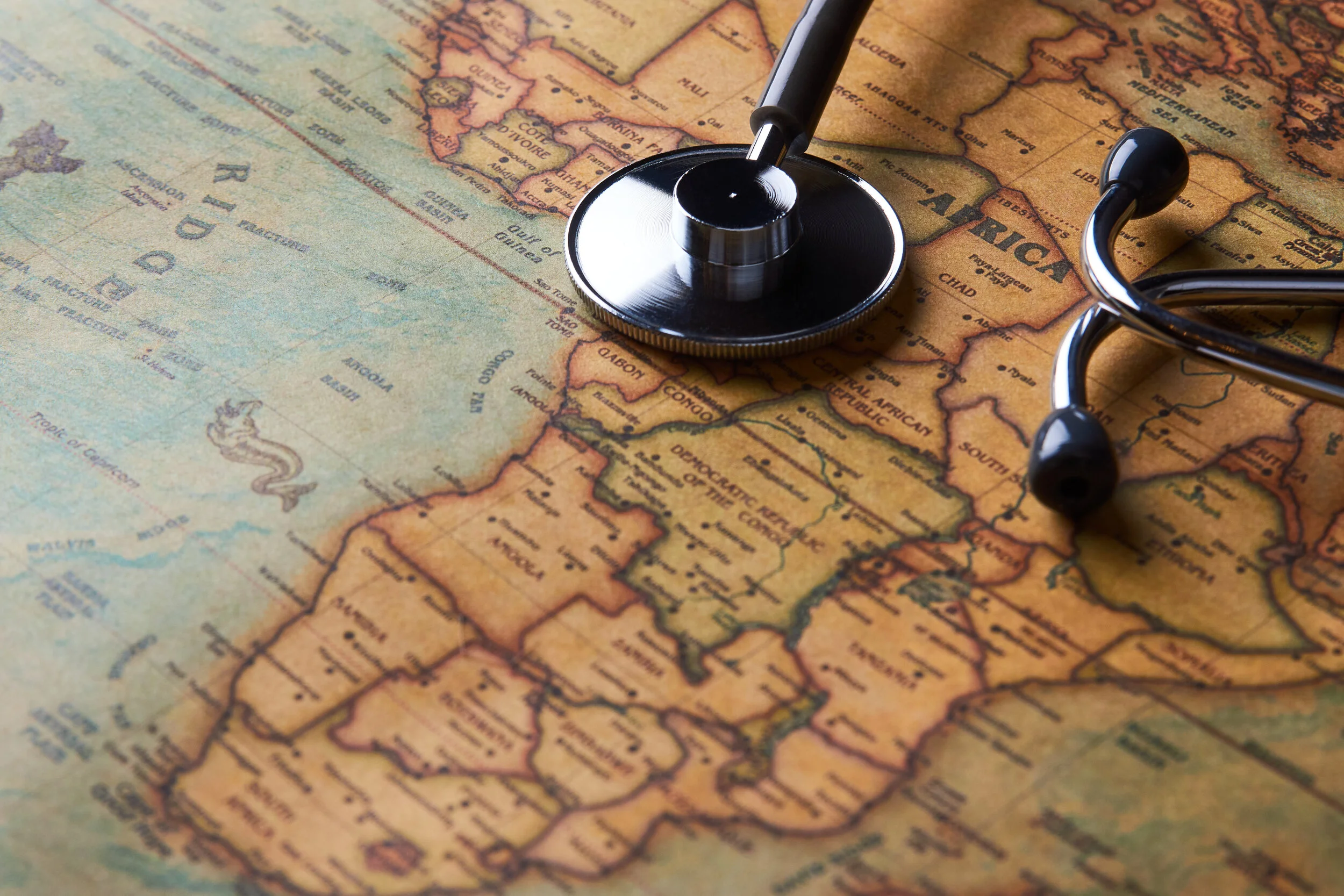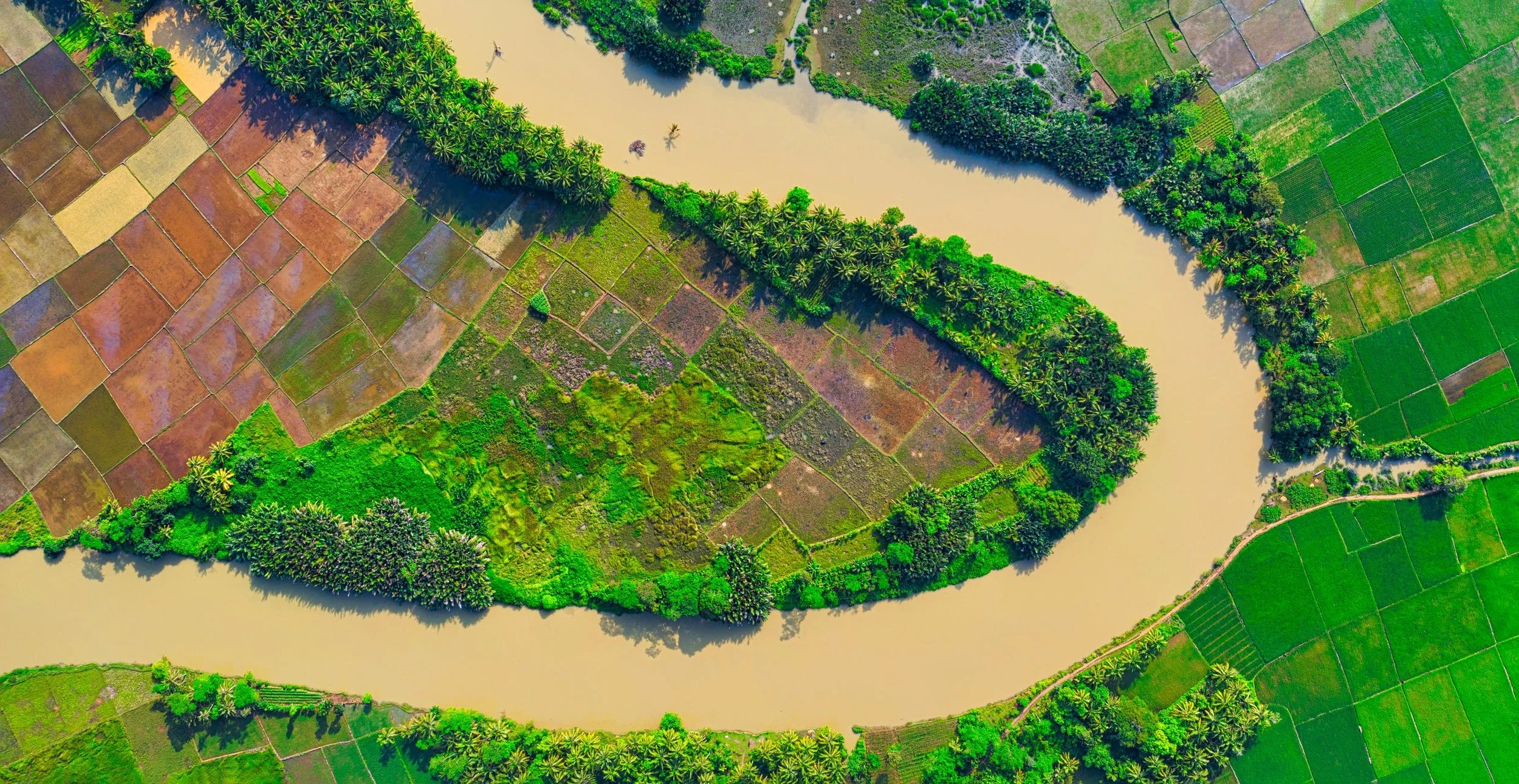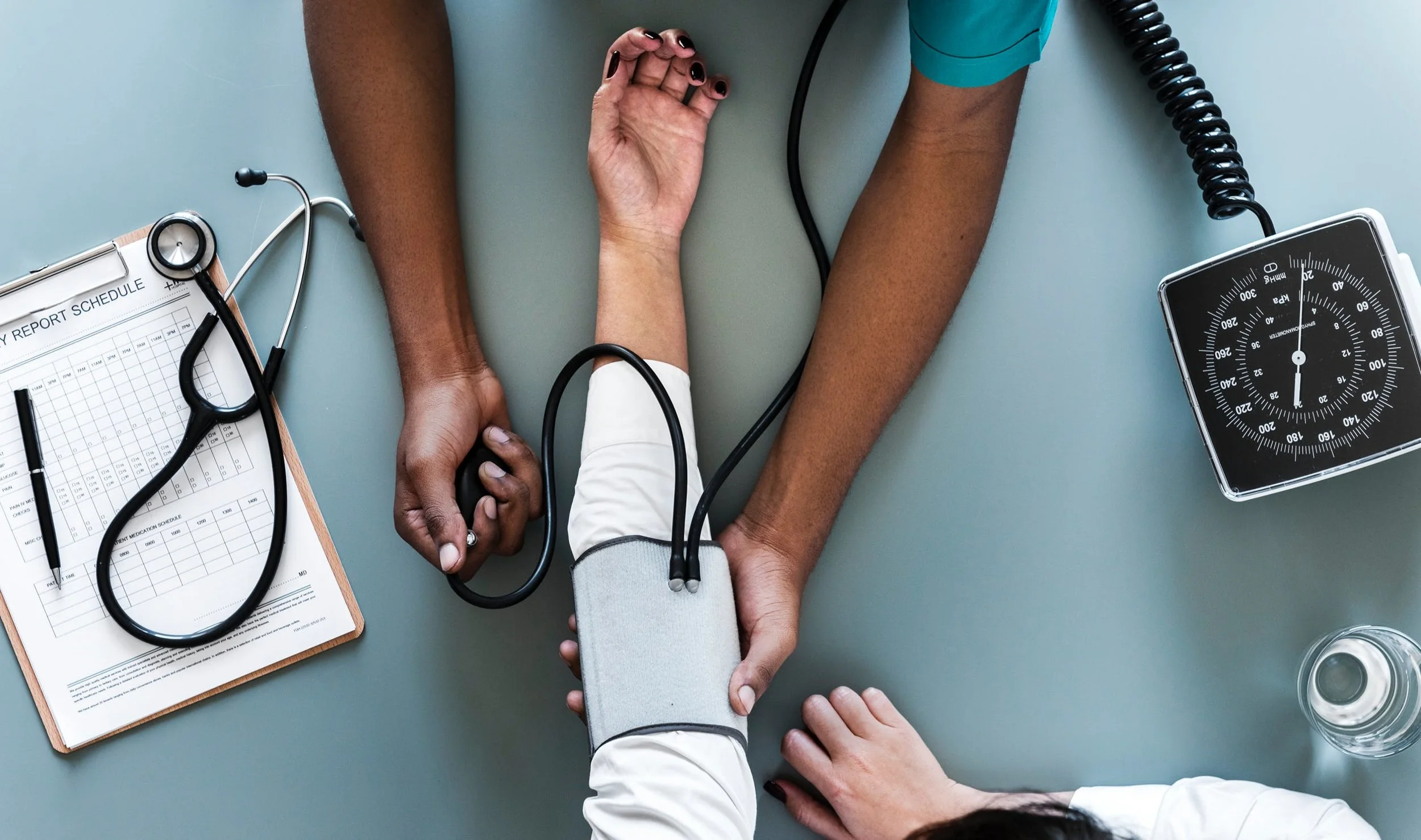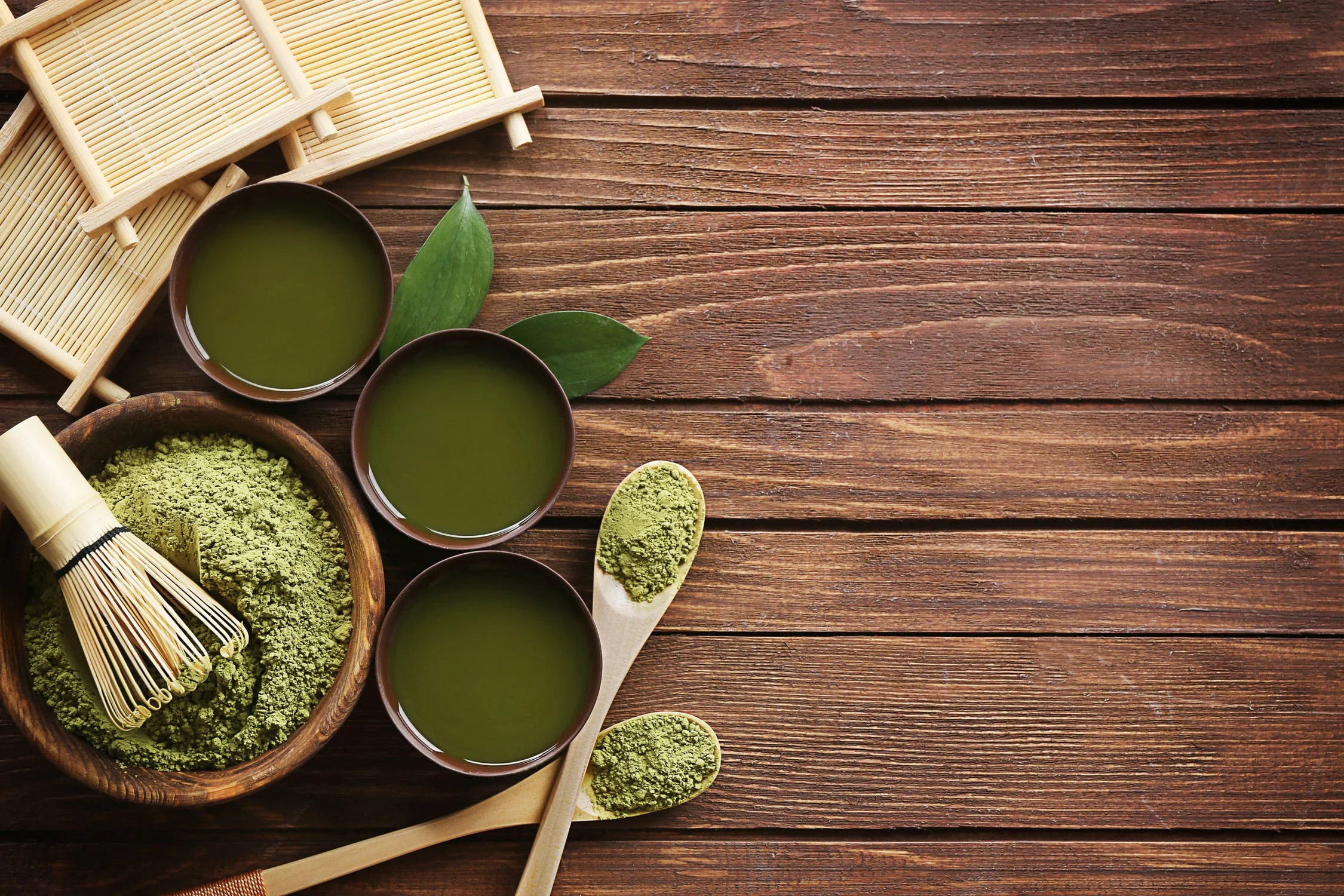As the vaccination rate rises in Canada and other developed nations, developing countries globally continue to record an upsurge in daily infection and death rates due to COVID-19. Prime Minister Justin Trudeau recently confirmed that Canada is involved in the World Trade Organization’s (WTO) exploration of the Indian and South African proposal to waive intellectual property (IP) rights for COVID-19 vaccines. In a break from tradition, United States President Joe Biden has lent his country’s support to the initiative, amidst reluctance to do the same from the EU. However, Canada remains ambivalent.
Read More“Dealing with health and economic challenges of Covid-19 has made one point abundantly clear for African countries – that we need broadband, faster, cheaper and expanded to the last mile of the populations”. This observation credited to UN Under Secretary-General and Executive Secretary of the Economic Commission for Africa, Ms. Vera Songwe has never rung truer than in these unprecedented times. Leveraging technology to assist African countries in the fight against Covid-19 is imperative to finding effective solutions for containing the virus in an economically feasible manner for Africa, taking into consideration the continent’s technological infrastructure.
Read MoreOn Feb. 21, 2021, Israel introduced “green passes” – evidence of COVID-19 vaccination or presumed immunity after recovery from the disease. This form of certificate is called by several other names, most notably immunity passports. According to the global vaccine alliance GAVI, “an immunity passport is an official document that certifies an individual has been infected and is purportedly immune from SARS CoV-2.”
Read MoreMedical racism against Indigenous peoples is a fact in the Canadian healthcare system. As a direct result of this experience, many Indigenous peoples lack trust in the healthcare system, and they limit their engagement with the system as much as possible. This has caused many detrimental impacts on Indigenous peoples, and the ongoing COVID-19 pandemic has highlighted an area of key concern – vaccine hesitancy within Indigenous peoples.
Read MoreAfrica’s fate is precarious in the face of COVID-19. It is the last continent to be affected by COVID-19 following the arrival of the contagion in Egypt and Nigeria in February 2020. Ideally, the late arrival of COVID-19 in Africa could have bought the world’s poorest and politically susceptible continent an advantage. However, a combination of unpreparedness and the severity of COVID-19’s impact left Africa with no such advantage.
Read MoreExcept perhaps South Africa, credible statistics on the extent of the COVID-19 infection in African countries are lacking. So far, African countries could not sustain two full months of lockdown. Unlike the rest of the developed world, there were no significant palliatives for ordinary citizens, let alone businesses or corporations. While industrialised countries compute their GDP contraction arising from COVID-19 in the range of 10%, virtually all of Africa is faced with the stark reality of an upward of 20% drop in their GDP and a total rollback of economic progress of the past two decades.
Read MoreWith the world on edge as the COVID-19 crisis progresses, the scientific community has sprung into gear in search of an effective treatment. R&D is progressing at unprecedented speeds, abridging the projected length for the completion of a vaccine from over a decade to just over a year. Amidst this rapid development, traditional knowledge plays a significant role in scientific endeavours. Through traditional knowledge, medical researchers can gain guidance and inspiration and bypass prolonged and expensive scatter-gun approaches to R&D.
Read MoreIn the midst of the COVID-19 pandemic, the world continues to overlook the epidemic raging on in some of the poorest regions of Africa since 2013: the Ebola outbreak. The Ebola virus is a severe disease with a death rate of up to 90% in humans. The virus was first identified in 1976 with two simultaneous outbreaks; one in the Yambuku village in the Democratic Republic of the Congo (DRC) and the other in a remote area of Sudan.
Read MoreThe COVID-19 pandemic is undoubtedly having an effect on the human population around the world, but its impact on the environment, especially in terms of conservation, is less publicized. The Amazon rainforest is the world’s largest rainforest. According to scientists, its preservation is vital to combat global warming. However, illegal logging practices continue to jeopardize the integrity of the rainforest at this time.
Read MoreAs an African and a Canadian, I inhabit an observatory. I am a resident in two worlds of blunt contrasts. On a good note, daily at every turn, those contrasts offer privileged lessons on the richness and complexity of the human experience, of our world. In this observatory, it is irresistible not to have a geopolitical perspective on the dynamic of Africa’s relationship with the global south. And since the formal declaration of COVID-19 as a global pandemic on March 11, 2020 by WHO’s Dr. Tedros Adhanom Ghebreyesus, the reality of that stark contrast has never been more evident.
Read MoreThe triumph of capitalism and its impact, post-cold war, is manifest in diverse ways and sites in the global south, especially Africa. Perhaps the most prominent consequence of the post-cold war capitalist strangle-hold is the phenomenon of globalization. In its legal and economic gradient, globalization has yielded unprecedented spate of legal harmonization and capitalist structuring, opening up of markets under the trade liberalization mantra.
Read MoreDalhousie Law Journal
Vol. 39, No. 2 (Fall 2016)
Journal of Food Law and Policy
Vol. 7, No. 2 (2011)
NIALS Journal of Intellectual Property
Maiden Edition (2011)
Journal of Food Law and Policy
Vol. 7, No. 2 (2011)
Journal of World Intellectual Property
Vol. 13, No. 4 (July 2010)
Journal of Alternative and Complimentary Medicine
Vol. 15, No. 8 (2009)
Indiana Journal of Global Legal Studies
Vol. 15, No. 2 (Summer 2008)






